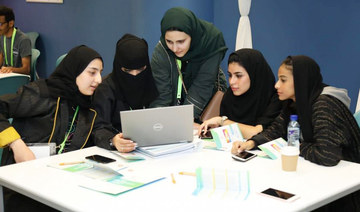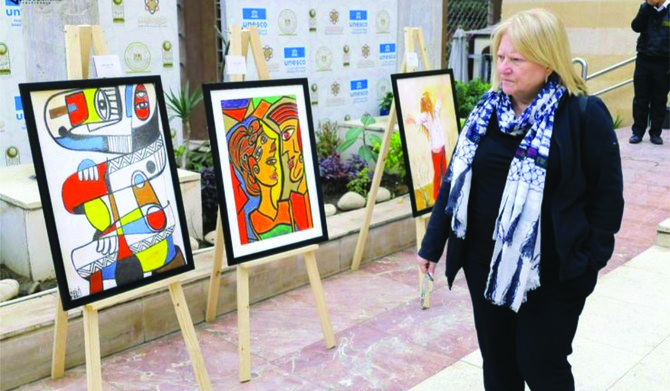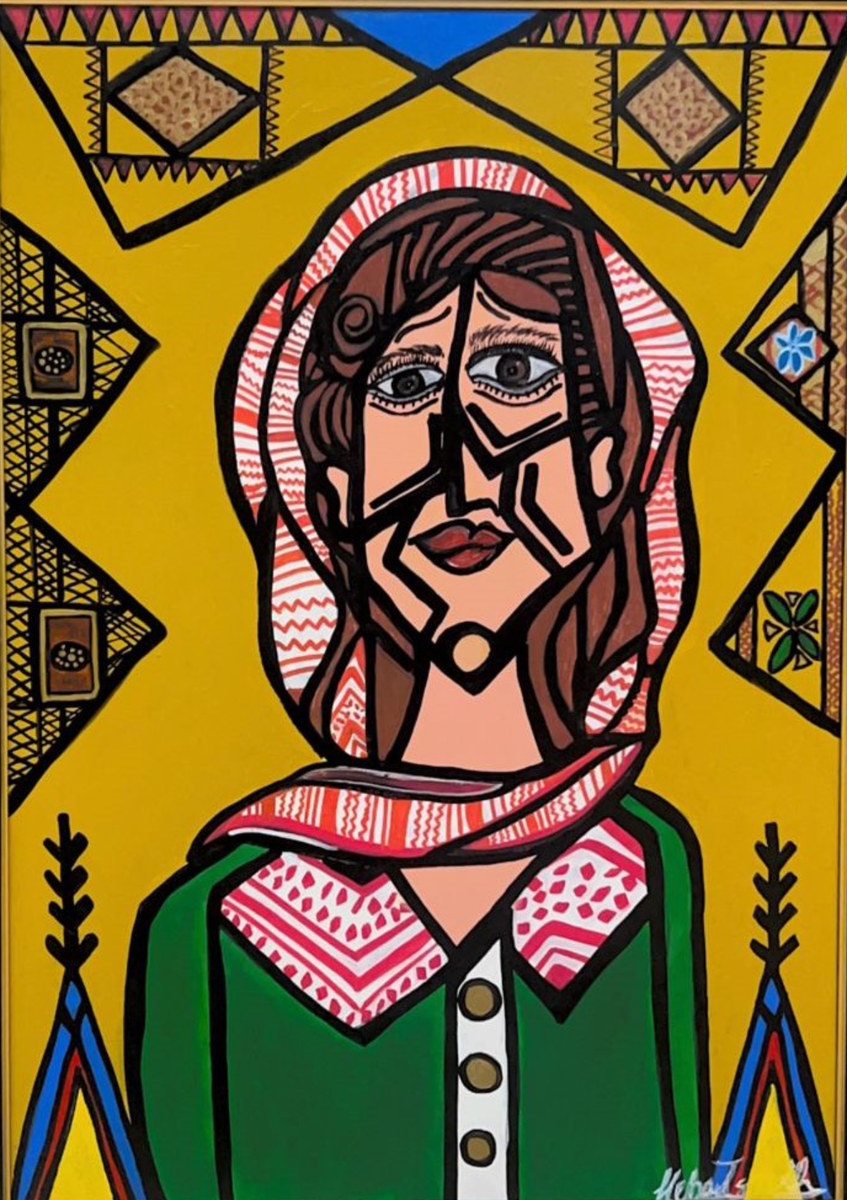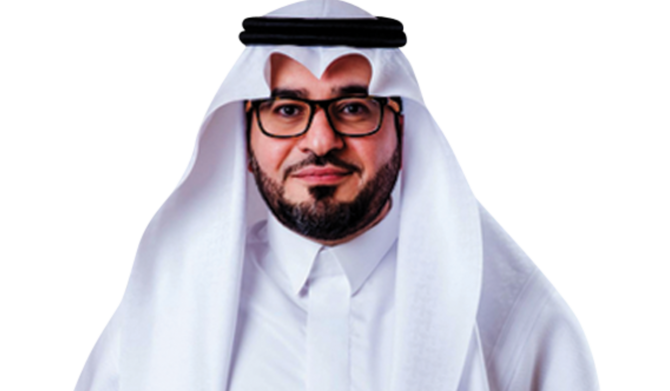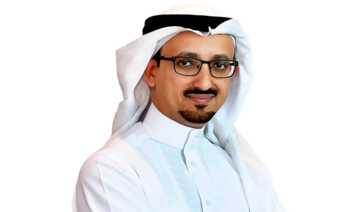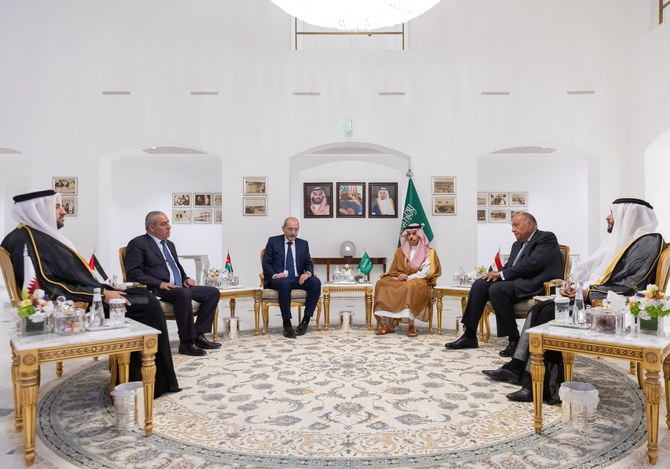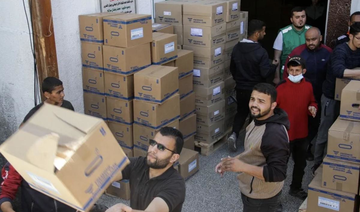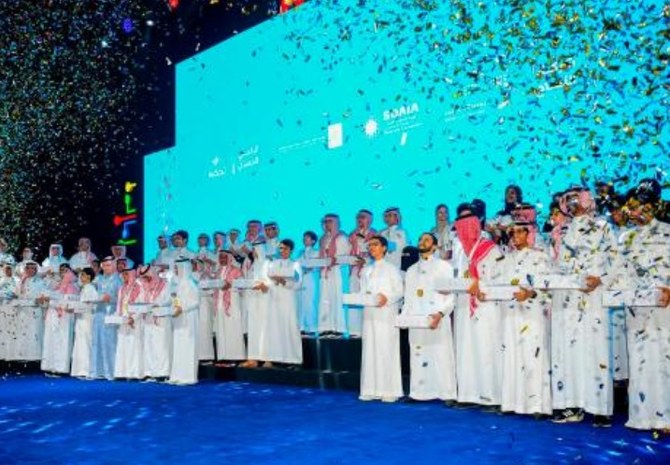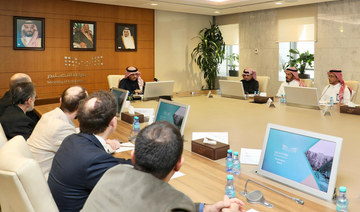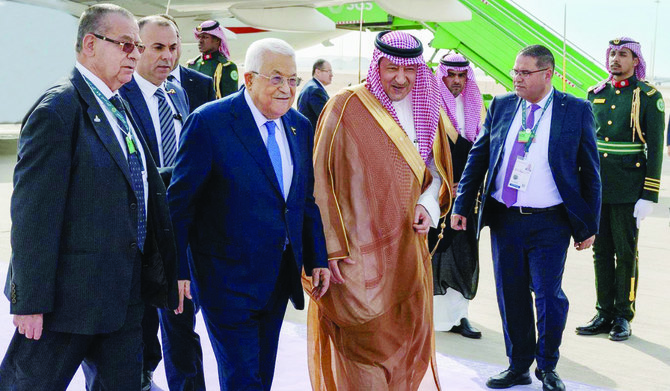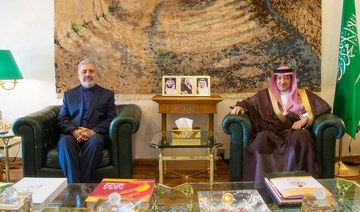JEDDAH: The Saudi Railway Polytechnic is training women to drive trains on the Kingdom’s Haramain High Speed Railway, in a project seeking to break taboos.
For decades, train driving has been viewed as a masculine career profession.
And while women in Saudi Arabia have broken records in traditionally male activities, including racing and flying, they were left out of railway employment — until now.
The SRP project, announced on Jan. 2, will see Saudi women operating the train line that links the holy cities of Makkah and Madinah.
SRP opened a registration portal for the program through the srp.edu.sa website. It will close on Jan. 13.
Training will last for one year, during which trainees will receive theoretical and practical lessons. Classes are taking place in Jeddah beginning Jan. 15.
NUMBER
50
The Saudi Railway Polytechnic is expected to train 50 women in the first cohort.
Joining the program will guarantee trainees several benefits, including medical insurance, registration in General Organization for Social Insurance and a monthly SR4,000 ($1,065) bonus during the training period.
The program also offers graduates a guaranteed position with Renfe KSA, one of the companies operating the high-speed train project. Once female graduates are employed with Saudi Arabia Railways, they will receive a monthly salary of up to SR8,000.
SRP Director Engr. Abdulaziz Alsogair told Arab News that trainees will be selected based on several qualifications, including English language tests.
“Transportation operation systems worldwide depend on good language knowledge, thus joining the program requires scoring at least 3.5 in IELTS,” he said.
“Applicants with better language levels will have priority in joining the program.”
The program also demands at least a high school degree with a grade rating of 70 percent and above. “Trainees must be aged between 22 and 30,” Alsogair added.
SRP is expected to train 50 women in the first cohort. “The number of trainees will increase in the coming years,” Alsogair said.
The program will teach trainees all there is to know about transportation systems, including safety measures, railway economics, communications, mechanical brake systems and engines.
Trainees will practice on train simulators as part of their practical training courses. “There will also be training trips, where trainees will have the chance to drive the actual railway train,” Alsogair said.
Haramain High Speed Railway transports about 60 million passengers per year. Demand is expected to grow significantly over the coming years, especially in the Umrah and Hajj seasons.
Alsogair said that Saudi railways aim to transport 1.5 billion Muslim passengers with full operational capacity in the future.
“There will be a high demand for train drivers of both genders, which will accordingly bring more vacancies to the field to be filled by the daughters and sons of our beloved homeland.”
Saudi women will help meet the demand for qualified drivers, he added. “This is how we achieve sustainability — one of Vision 2030’s most important goals.”
Women graduates will work together with their male counterparts, who graduated from previous programs.




